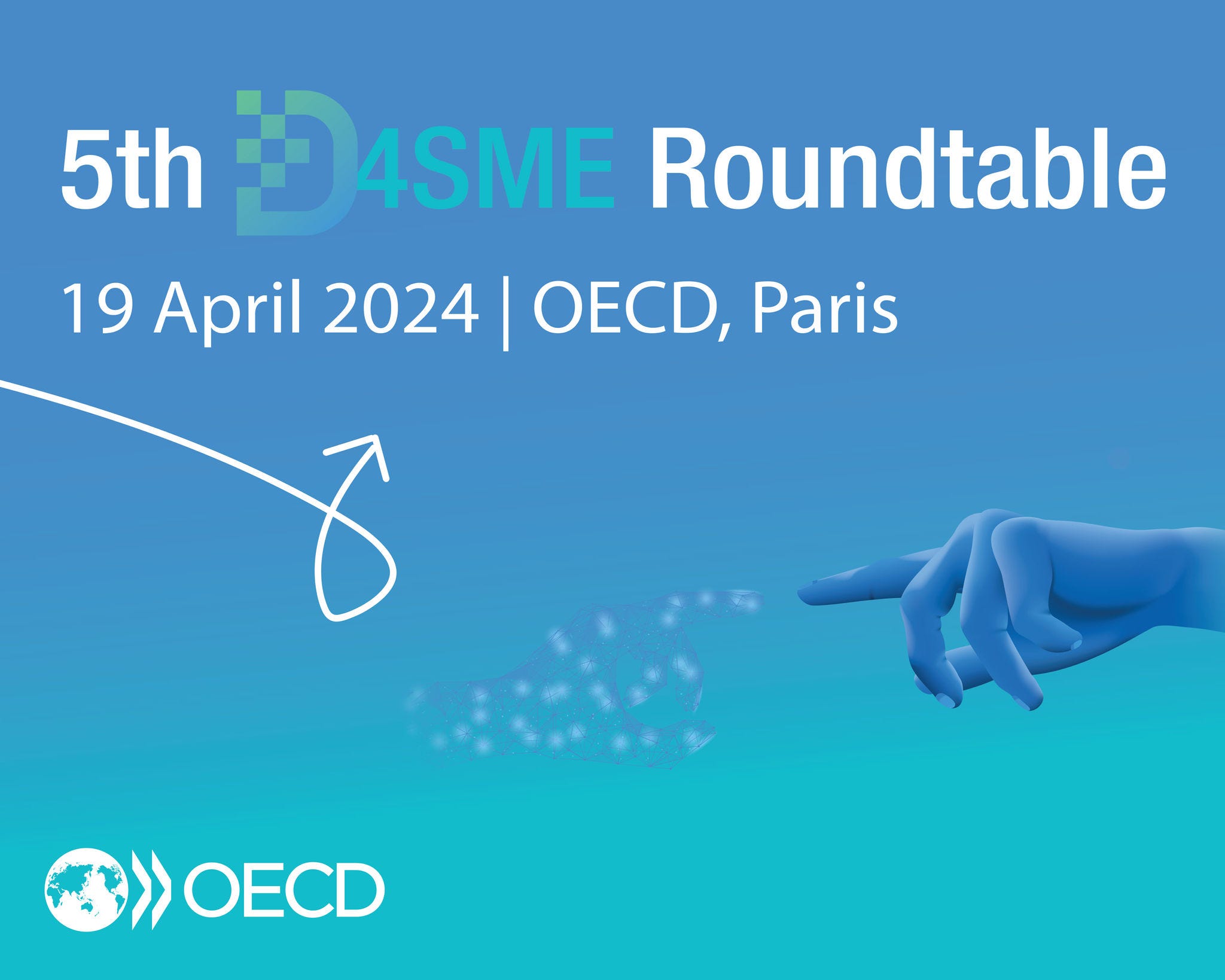Generative AI took the world by storm in recent years. Though artificial intelligence has been deployed by leading firms for many years to analyse their data and optimise operations, generative AI tools such as Chat GPT, Microsoft Copilot and Google Gemini have changed the rules of the game by combining an affordable, accessible interface with powerful new capabilities. Generative AI can provide firms with in-depth analysis of company data, customised business plans, product and management ideas, and promotional content in a matter of seconds. Firms have been quick on the uptake, with more than a third of EU firms reported to have experimented with AI in 2023. At the same time, the technology continues to evolve as leading firms update the capabilities of their models and new entrants develop tailored applications for firms, industries, and tasks. The pace of change has taken many firms, experts, and governments by surprise and created new risks as well as opportunities for SMEs – and for the governments looking to support them.
This 5th Roundtable of the OECD Digital for SMEs (D4SME) Global Initiative brought together governments, technology firms, industry experts and SMEs themselves to discuss the impacts of Generative AI on SMEs, and how governments can work together with firms of all sizes to help them make the most of the technology. The discussion was informed by data from the Initiative’s unique new survey, conducted in seven OECD countries (France, Germany, Italy, Japan, Korea, Spain, and the United States) in co-operation with D4SME partners. The survey provides new insights into SMEs' use and perception of Generative AI technologies. The Roundtable also drew on the latest insights from the OECD.AI Policy Observatory and international policy examples from the OECD’s Committee on SMEs and Entrepreneurship, which oversees the Initiative and met immediately before the event.
The Roundtable is organized by the OECD Centre for Entrepreneurship, SMEs, Regions and Cities, in cooperation with Business at OECD. It is led by the Chair of the OECD D4SME Global Initiative, Mr Valentino Valentini, Deputy Minister at the Ministry of Enterprises and Made in Italy and is supported by multinational digital corporations including Amazon, Intuit, Kakao, Microsoft, PayPal, Vodafone, Wolt, and Wix.
